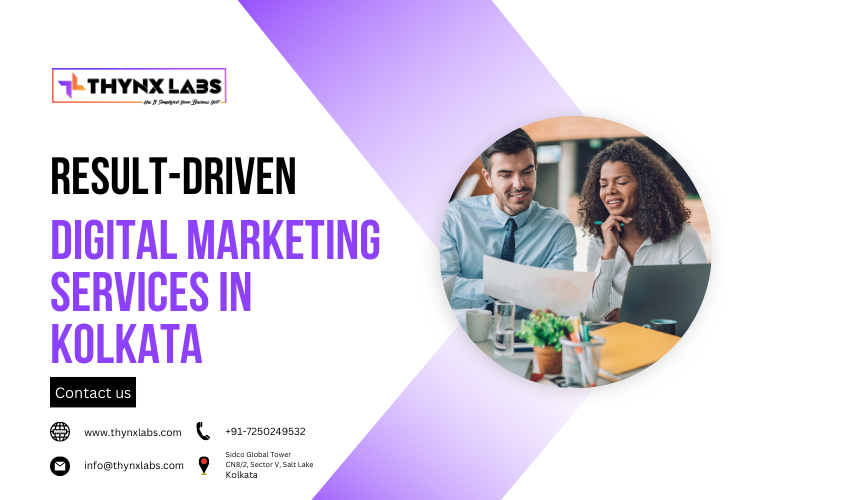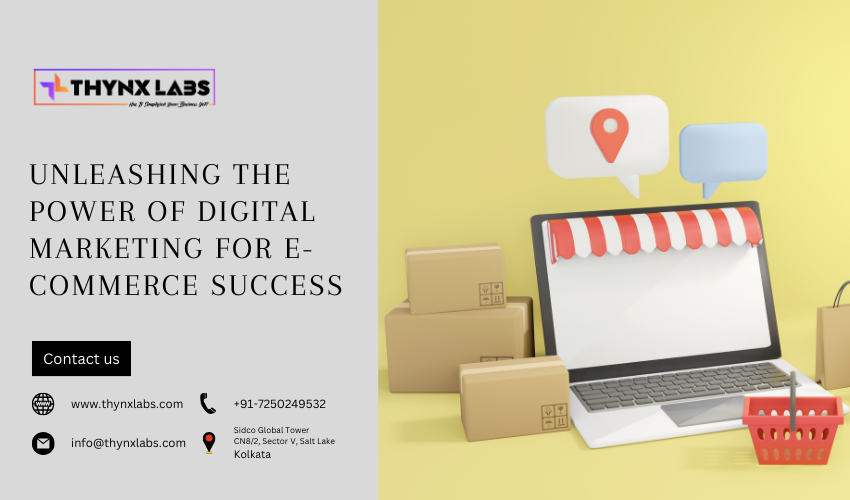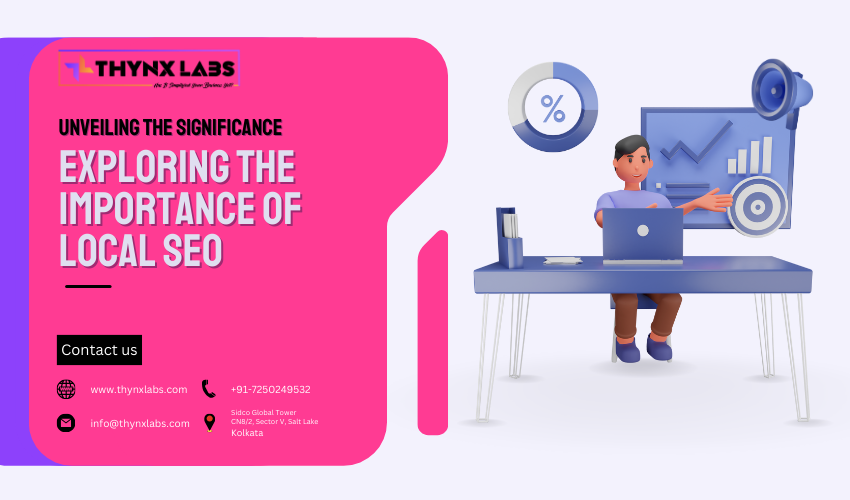The Perfect Way to Generate Better Leads
SEO vs PPC – The Perfect Way to Generate Better Leads
In the digital marketing landscape, generating high-quality leads is essential for the success of any business. Two primary methods that businesses often rely on for lead generation are Search Engine Optimization (SEO) and Pay-Per-Click (PPC) advertising. Each method has its unique advantages and considerations, making them suitable for different scenarios. In this article, we will explore the differences between SEO and PPC and how businesses can leverage these strategies to generate better leads.
SEO: Building Organic Credibility
- Sustainable Long-Term Results: SEO focuses on optimizing your website to rank organically in search engine results pages (SERPs). While it takes time to see significant results, the efforts put into SEO can yield sustainable, long-term benefits. Once your website ranks well, you can enjoy a consistent flow of organic traffic and leads.
- Credibility and Trust: Websites that rank high in organic search results are often perceived as more credible and trustworthy by users. Establishing a strong online presence through SEO can enhance your brand's reputation, leading to better leads who are more likely to convert.
- Cost-Effectiveness: Compared to PPC, SEO is cost-effective in the long run. While it requires initial investment and continuous effort, the organic traffic generated through SEO does not incur per-click costs, making it a budget-friendly option for businesses aiming for sustainable lead generation.
- Content Focus: SEO heavily relies on high-quality, relevant content. By creating valuable content that addresses the needs of your target audience, you can attract organic traffic. Content-rich websites tend to rank higher, ensuring that your business attracts leads genuinely interested in your products or services.
PPC: Instant Visibility and Targeted Leads
- Instant Visibility: PPC campaigns provide instant visibility on search engine results pages. By bidding on relevant keywords, your ads can appear at the top of the page, ensuring that your business is immediately visible to users actively searching for products or services similar to yours.
- Highly Targeted Audience: PPC platforms allow you to target specific demographics, locations, devices, and interests. This precise targeting ensures that your ads are shown to users who are more likely to be interested in your offerings, leading to higher-quality leads that are more likely to convert.
- Measurable ROI: PPC campaigns offer detailed metrics, allowing you to track the performance of your ads accurately. You can measure click-through rates, conversion rates, and return on investment (ROI) to assess the effectiveness of your campaigns. This data-driven approach enables businesses to optimize their PPC strategies for better lead generation.
- Flexibility and Control: PPC campaigns provide businesses with full control over their budget, ad placements, and ad copy. This flexibility allows you to experiment with different strategies, ensuring that you can adapt your campaigns based on real-time performance data, ultimately generating better leads.
Choosing the Right Approach for Better Leads
The choice between SEO and PPC depends on your business goals, budget, and timeline. For sustainable, long-term lead generation and building credibility, investing in SEO is crucial. A well-optimized website can attract high-quality organic traffic that converts over time.
On the other hand, if you need instant visibility, highly targeted leads, and measurable results, PPC advertising is the ideal choice. By carefully crafting your ad campaigns and continuously monitoring their performance, you can generate immediate leads from users actively searching for products or services like yours.
In many cases, a combination of both SEO and PPC can provide a comprehensive digital marketing strategy. By integrating these approaches, businesses can maximize their online visibility, attract a diverse range of leads, and achieve a balanced, sustainable growth trajectory.
In conclusion, whether you choose SEO, PPC, or a combination of both, understanding your audience, setting clear goals, and continuously analyzing the results are key to generating better leads for your business.
FAQs
Q1: Which is more cost-effective, SEO or PPC?
In the long term, SEO is more cost-effective as it generates organic traffic without per-click costs. PPC, while effective for instant visibility, requires ongoing investment for each click.
Q2: Can I use both SEO and PPC simultaneously?
Yes, businesses often use a combination of SEO and PPC to maximize their online presence. This approach allows you to capture both organic and paid traffic, reaching a wider audience and generating better leads.
Q3: How long does it take to see results from SEO efforts?
SEO results take time to materialize, often several months. It requires consistent efforts, quality content, and technical optimization. However, the long-term benefits, including sustainable organic traffic and better leads, are worth the wait.
Q4: What factors affect the success of a PPC campaign?
Several factors impact the success of a PPC campaign, including keyword selection, ad copy relevance, landing page quality, and budget allocation. Regular monitoring and optimization are essential to maximize ROI and generate better leads.
Q5: Is it possible to measure the ROI of SEO efforts?
While SEO ROI is challenging to measure directly, you can track metrics like organic traffic, conversion rates, and keyword rankings. These indicators provide valuable insights into the effectiveness of your SEO strategies and their impact on lead generation.


